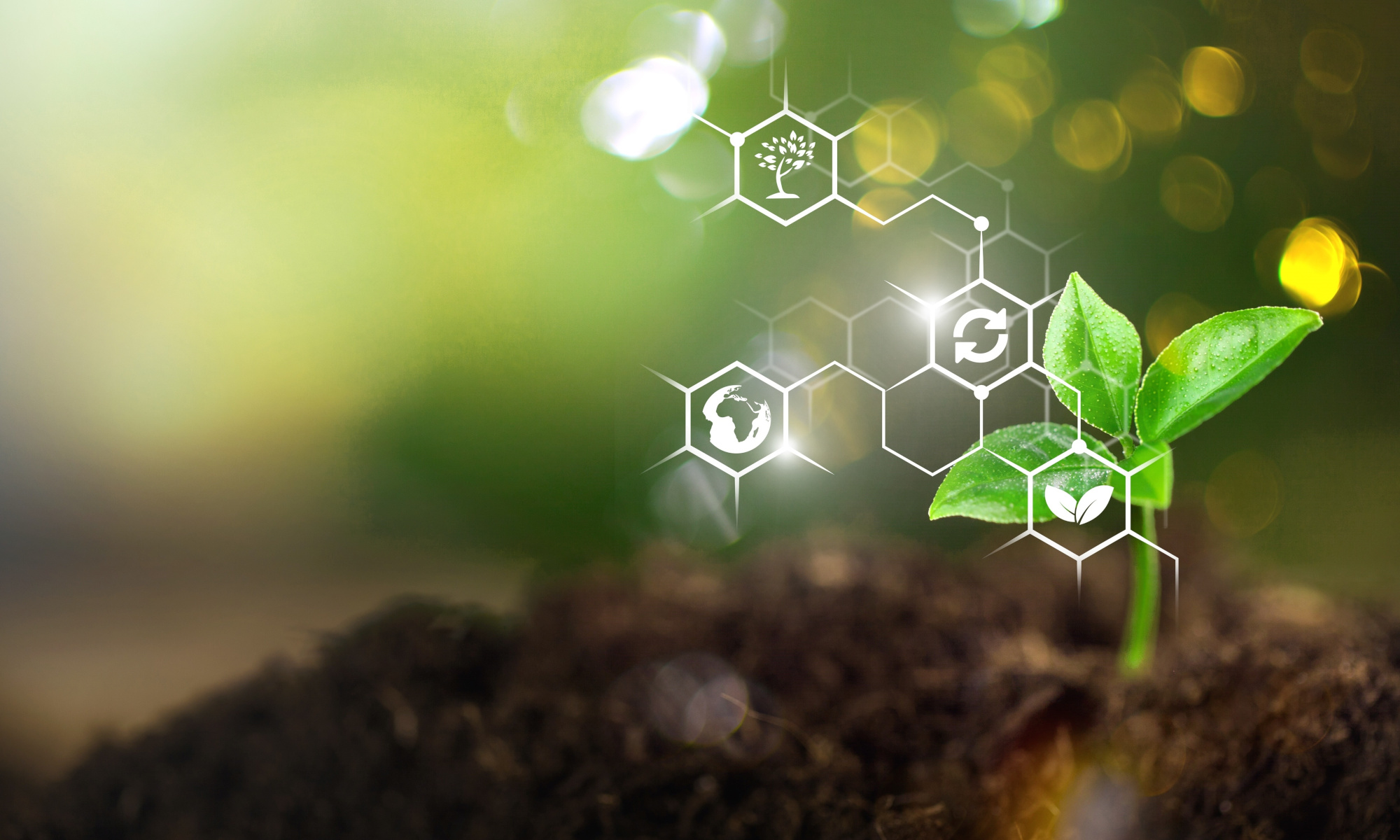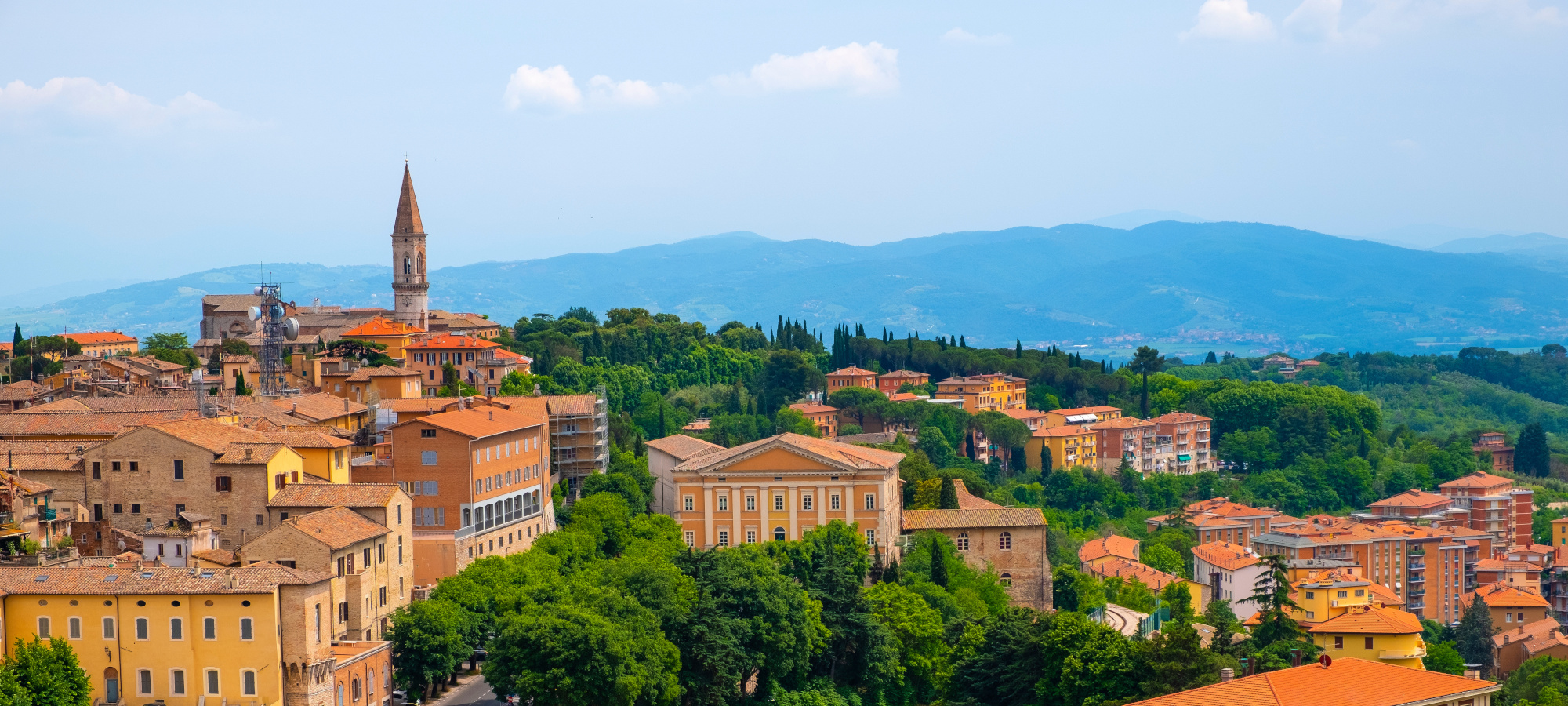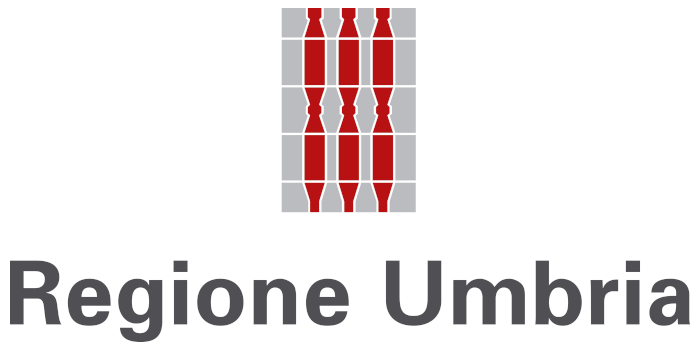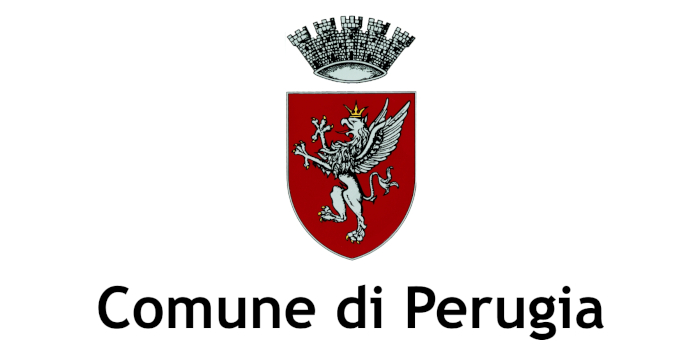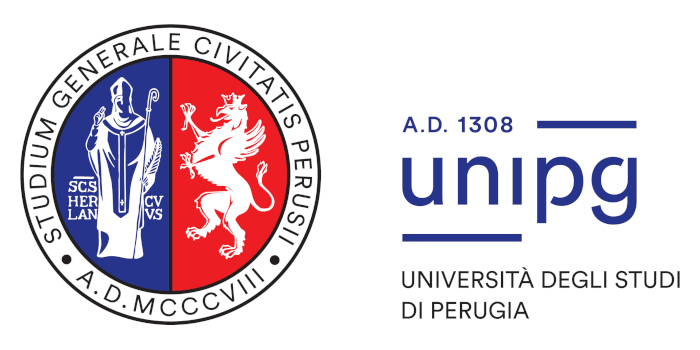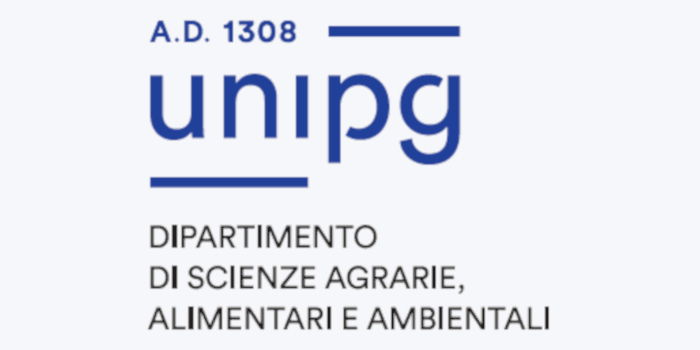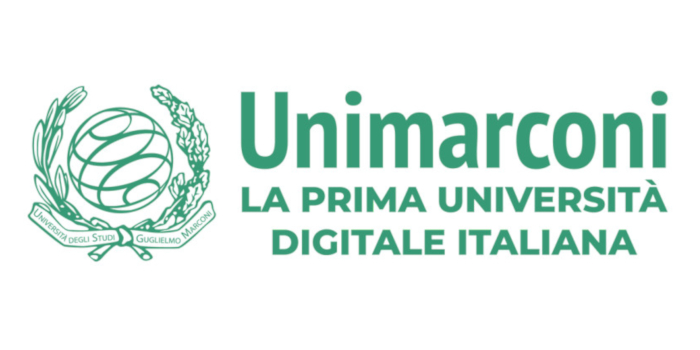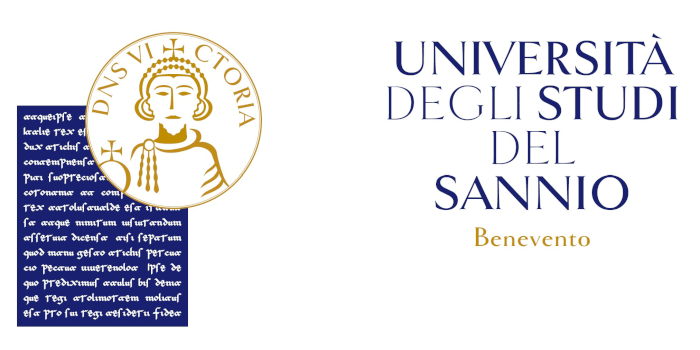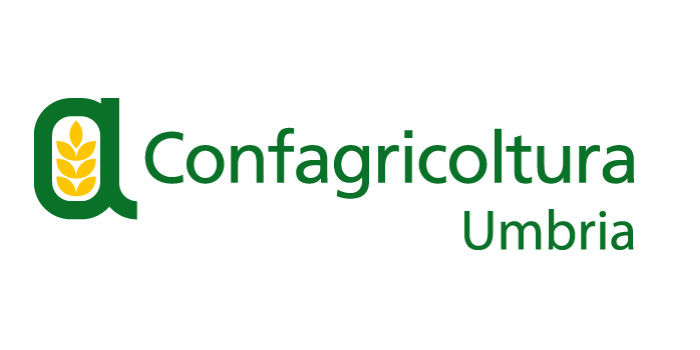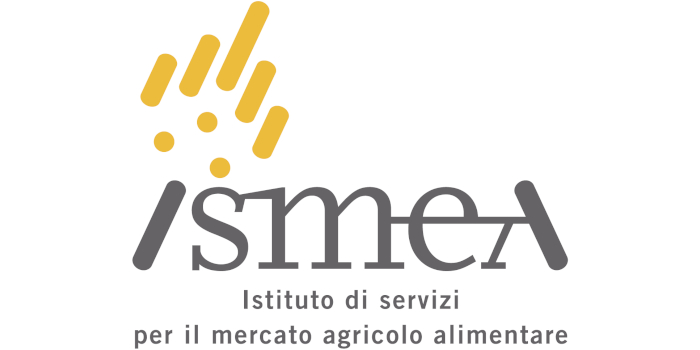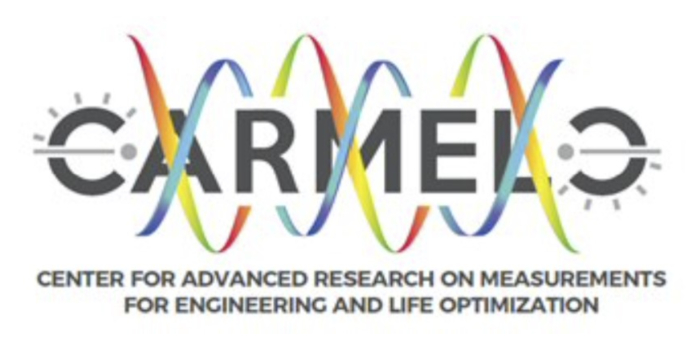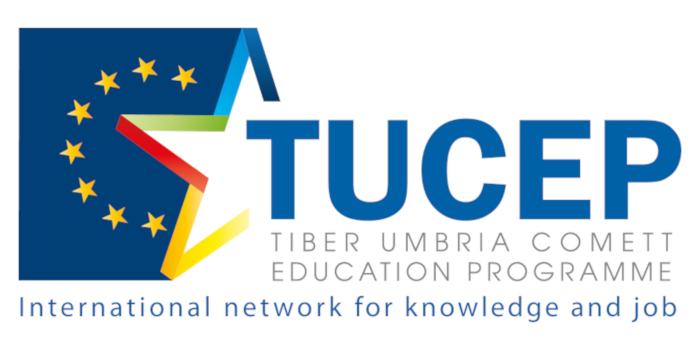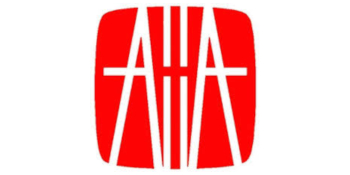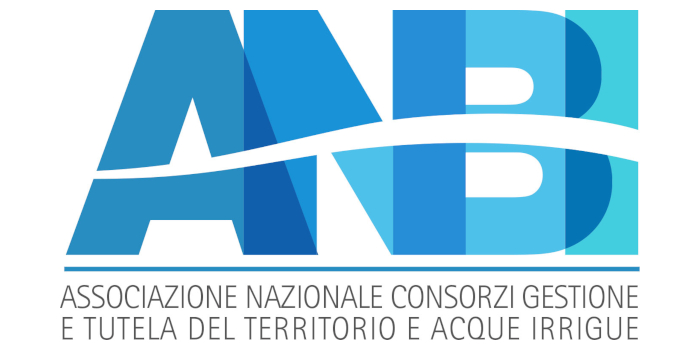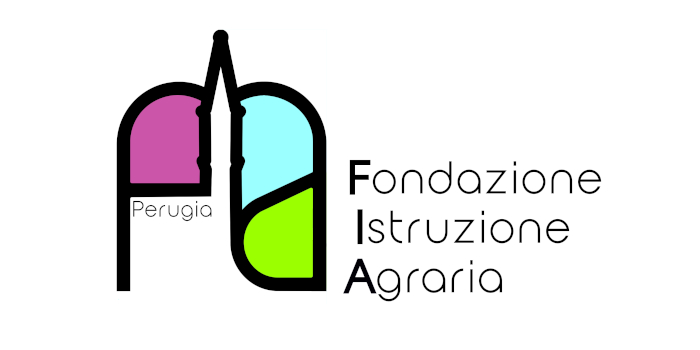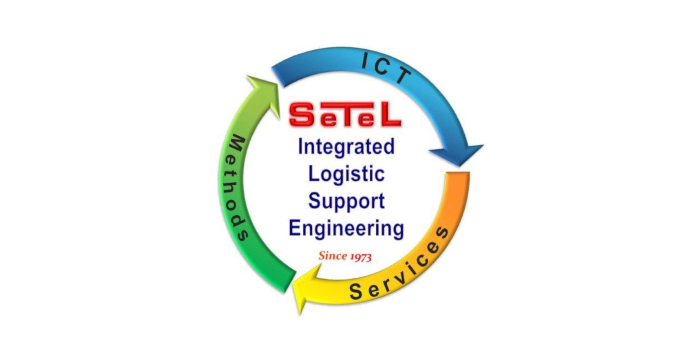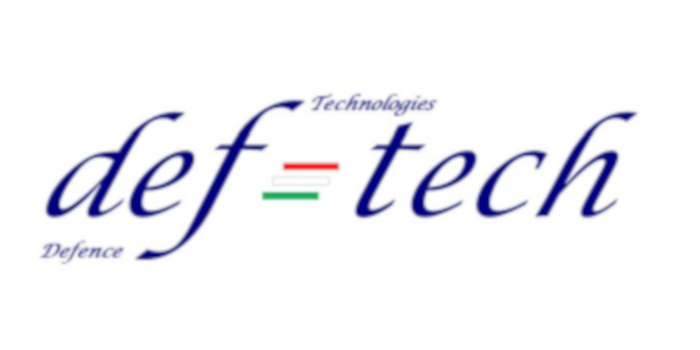New advancements and integrations of observation systems for monitoring hydrological processes and for supporting the sustainable management of agro-forest systems
ORGANIZED BY
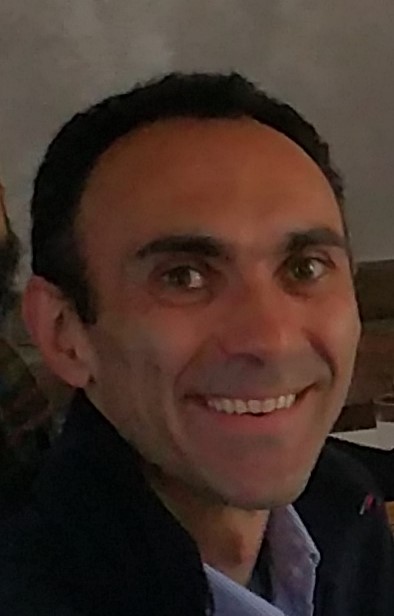
Gabriele Baroni
Department of Agricultural and Food Sciences (DISTAL)
University of Bologna, Italy
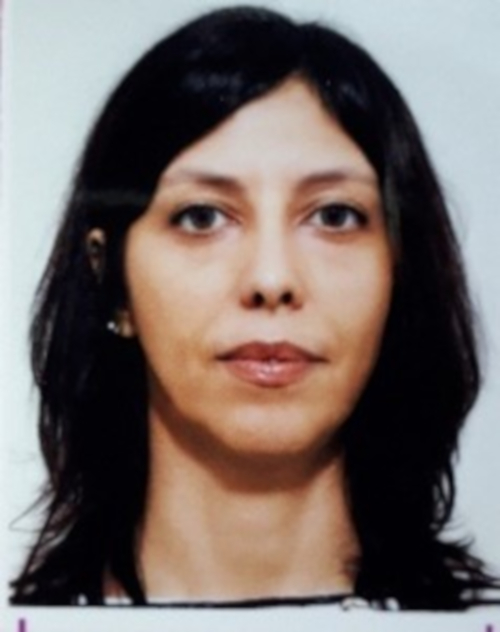
Arianna Facchi
Department of Agricultural and Environmental Sciences - Production, Landscape, Agroenergy
Università degli Studi di Milano, Italy
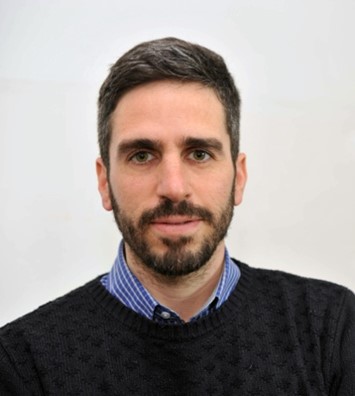
Christian Massari
Research Institute for Geo-Hydrological Protection
National Research Council CNR (Perugia, Italy)
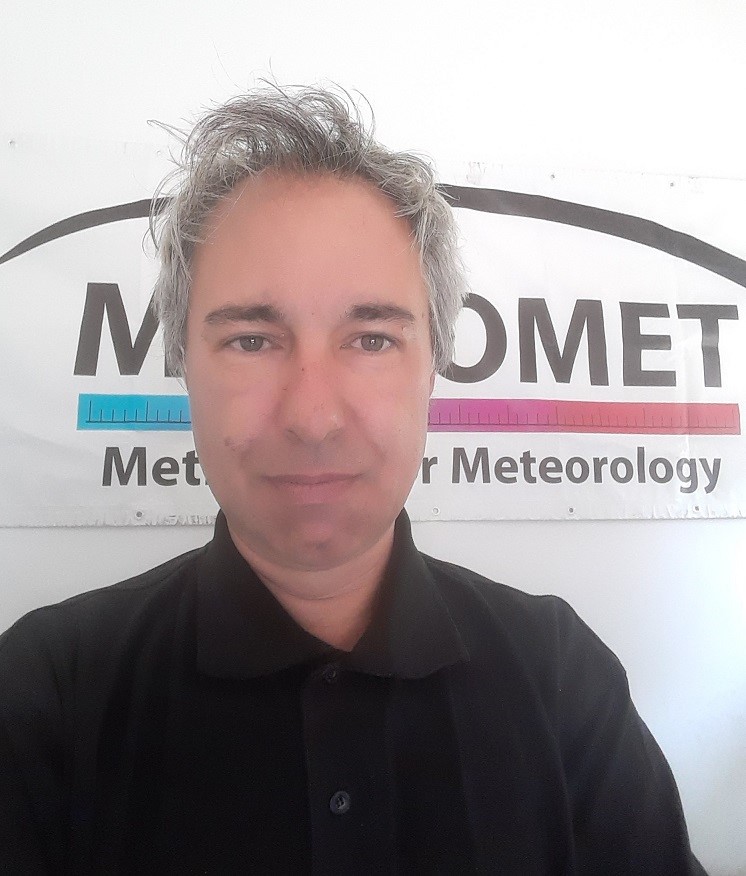
Andrea Merlone
Istituto Nazionale di Ricerca Metrologica - INRIM (Torino, Italy)
ABSTRACT
Precise and accurate monitoring of the water fluxes at the lower atmosphere and at the land surface is a key for the development and the assessment of good management practices in agricultural and forest systems. Despite that, our capability to monitor hydrological processes at the different spatial and temporal scales relevant for supporting decision making is still limited. Moreover, hydrological variables as well as atmospheric observations require measurement traceability to achieve comparability among different methods and locations. This session brings together latest developments in the monitoring of hydrological processes in agricultural and forest systems. Particular attention is paid on recent advancements, intercomparisons and integrations between reference stations and methods, ground-based geophysical methods, proximal sensing and remote sensing approaches. Research and applications are expected to include, among others: drought and floods assessment, irrigation management and planning, landslide prediction, erosion assessment, watershed protection. Studies can range from the field to the river basin scales and from real-time management to long-term impact studies.
TOPICS
Topics include, but are not limited to:
- Innovative weather observations (e.g., microwave links)
- Non-invasive and intermediate soil moisture estimation methods (e.g., gamma-ray spectrometer, cosmic-ray neutron sensing, GNSS, gravimetry, resistivity tomography, EMI, ground penetration radar)
- Innovative river discharge estimation and flow measurements (e.g., image velocimetry and unmanned aerial vehicle)
- Citizen science for hydrological observations
- Data fusion of in-situ, proximal and remote sensing data
- Integration of observational data and agro-hydrological models, data assimilation
- Data quality and traceability, protocols
- Digital platforms and interoperability
ABOUT THE ORGANIZERS
Gabriele Baroni, is Associate professor at the Department of Agricultural and food sciences, University of Bologna (Italy) in the field of soil-plant hydrology and agricultural water management. His research focuses on monitoring and modelling soil-plant-systems at different spatial scales and on integrated plan and management of the water resources. He is Authors of several papers and contributions to conferences in the field of soil hydrology and the study of water resources in agriculture. He is involved in numerous national and international research projects with particular focus on boosting hydrological monitoring networks with the integration of soil moisture observations.
Arianna Facchi is Associated Professor at the Department of Agricultural and Environmental Sciences - Production, Landscape, Agroenergy (DiSAA) of the Università degli Studi di Milano (UNIMI) since 2016. Her main research interests are: measurement of hydrological variables through advanced monitoring systems, development and application of agro-hydrological models for irrigation management and planning at different spatial scales, precision irrigation approaches. She participates as PI and research unit member in many international and national projects focused on these objectives. Her scientific production is documented by more than 80 publications in scientific journals and conference proceedings with international diffusion.
Christian Massari is Researcher at the Institute for the Geo-hydrological Protection of the National Research Council (CNR-IRPI) where he conducts research in the field of hydraulic and eco-hydrology covering topics like water resource management, flood forecasting, drought monitoring and remote sensing. He has developed works in these areas producing +80 contributions in peer reviewed hydrologic and hydraulic journals. He is involved as principal investigator and co-investigator of numerous national and international research projects (PRIN, European Space Agency projects) focusing on the use of remote sensing and hydrological models for improving process understanding of hydrometeorological extremes in natural and anthropized river basins. He is member of the Technical Committee of Precipitation of the Hydrology section of the American geophysical Union (AGU) and associate editor of Journal of Hydrology.
Andrea Merlone is senior researcher at the Italian Istituto Nazionale di Ricerca Metrologica (INRiM) and associated researcher at the IRPI and at the ISP of the Italian National Research Council (CNR). He is chairman of Working Groups of the BIPM and Expert Teams in WMO, contributing also to the GCOS and GCW initiatives and groups. Merlone is coordinator of several Joint Research Projects, both at European and National level, on Metrology for Meteorology (MeteoMet) with further responsibilities as work-package leader, in numerous areas of thermal and environmental measurements. His recent activities ranged from the accurate measurements of phase transitions thermodynamics, to the determinations of the Boltzmann’s constant for the new definition of the kelvin, to a new metrological approach for the traceability of meteorological observations and climate studies.
